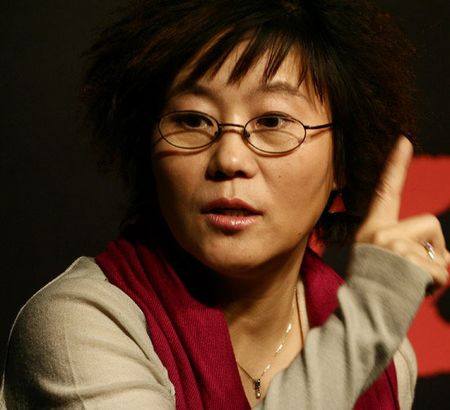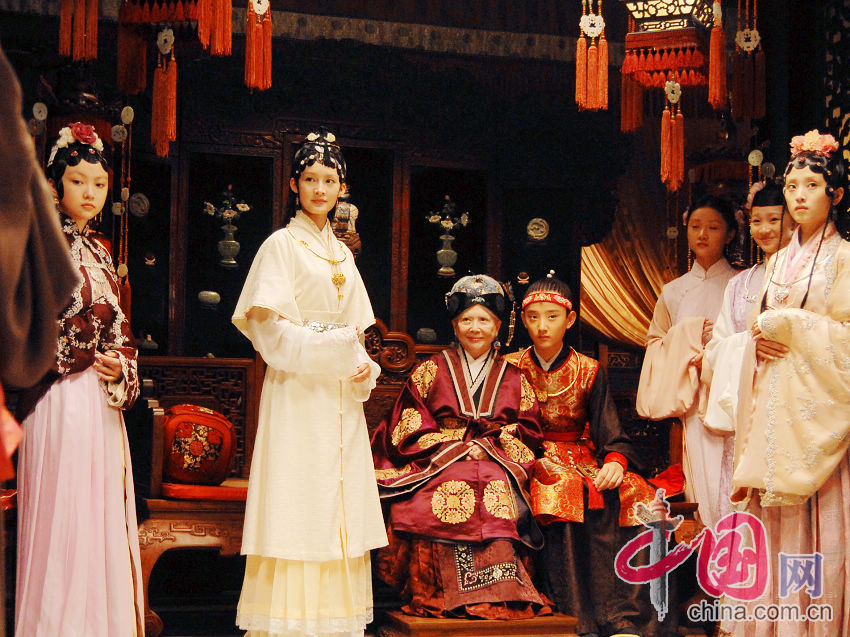Through film, director tells stories of women's struggles
|
|
|
Director Li Shaohong |
Li Shaohong finished directing her latest drama, A Dream of Red Mansions (Hong Lou Meng, 2010), last September and is now waiting for its TV debut. It's the 13th adaptation of the classic novel written by Cao Xueqin and took Li two years to film. Li felt high pressure: "It's like climbing Mount Everest – it's too scary to look back. But when you look forward, you will know that the peak is waiting for you," Li said at a press conference last year.
Li was born in Suzhou, a beautiful city along the Yangtze River, in 1955 and joined the army when she was 14. She went to Beijing Film Academy to learn directing in 1978, and her first film The Case of the Silver Snake (Yin She Mou Sha An) came out in 1988. It told a story about a serial killer who murdered women with snakes. Then she directed several films of women struggling against violence and inequality in their relationships and society, such as Blush (Hong fen, 1994) and Baober in Love (Lian Ai Zhong de Bao Bei, 2004). She won five international film awards between 1994 and 2005 and was categorized as a typical fifth generation Chinese director.
 |
|
Still from Palace of Desire (1998) |
At the same time, Li established her name and unique style on the silver screen in the late 1990s. She shot Thunderstorm (Lei Yu, 1996), an adaption of modern writer Cao Yu's play about the incestuous love between a man and his stepmother. The 20-episode drama had many viewers. Her popularity and success helped her land renowned Hong Kong artist Tim Yip to design costumes for two of her next movies, Palace of Desire (Da Ming Gong Ci, 1998) and The Oranges Grow Red (Ju Zi Hong Le, 2000).
|
|
|
Still from A Dream of Red Mansions (2010) [China.org.cn] |
Li's works show her care about women's identity in a fast changing world, according to Gao Ming's Sense and Tragedy. Her women characters share some similar personalities. They all make hard decisions between affection and sense and their choices are always the latter. Instead of making her male characters the traditional perfect heroes, she switches the balance of power between the two sexes and depicts the men as the weak ones.
 0
0 









Go to Forum >>0 Comments